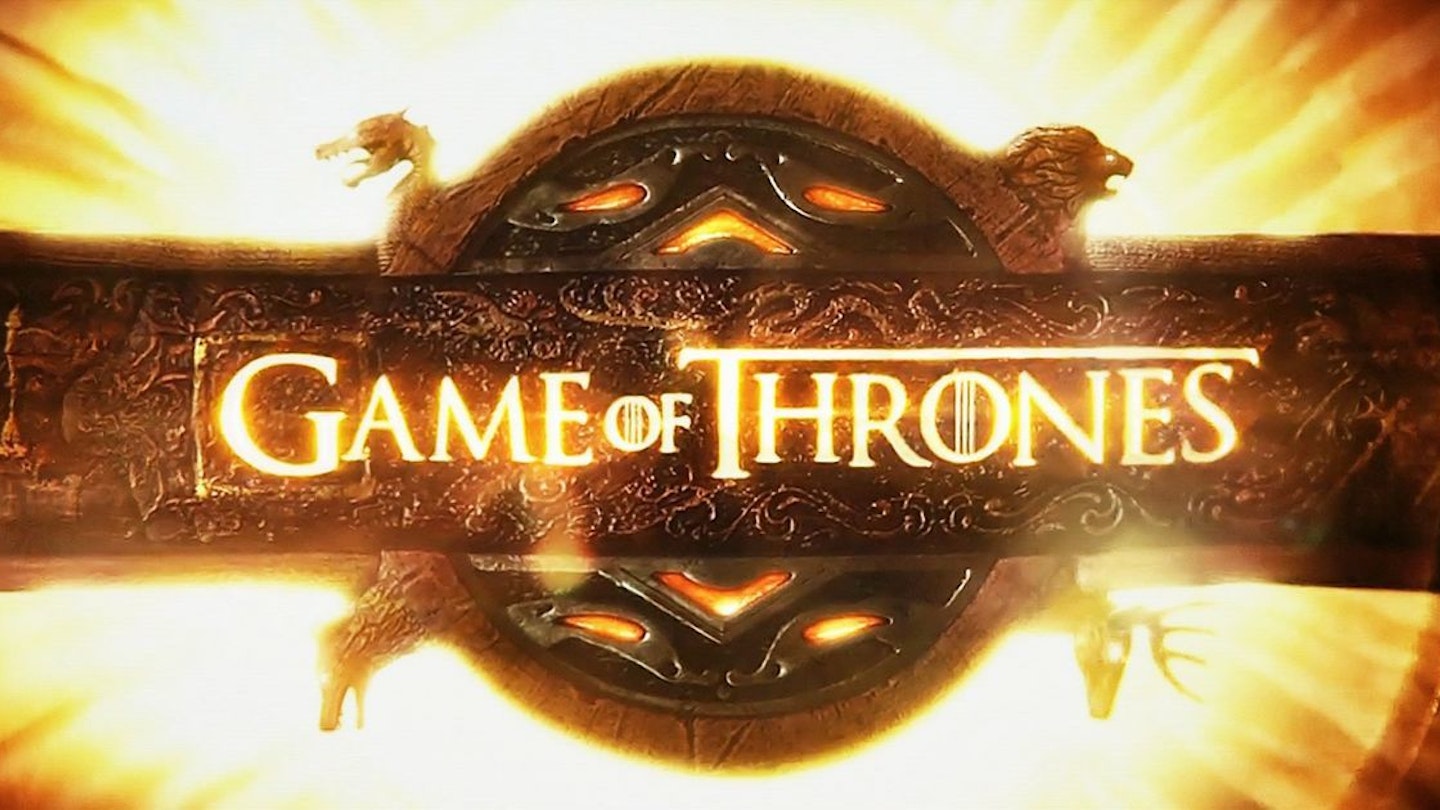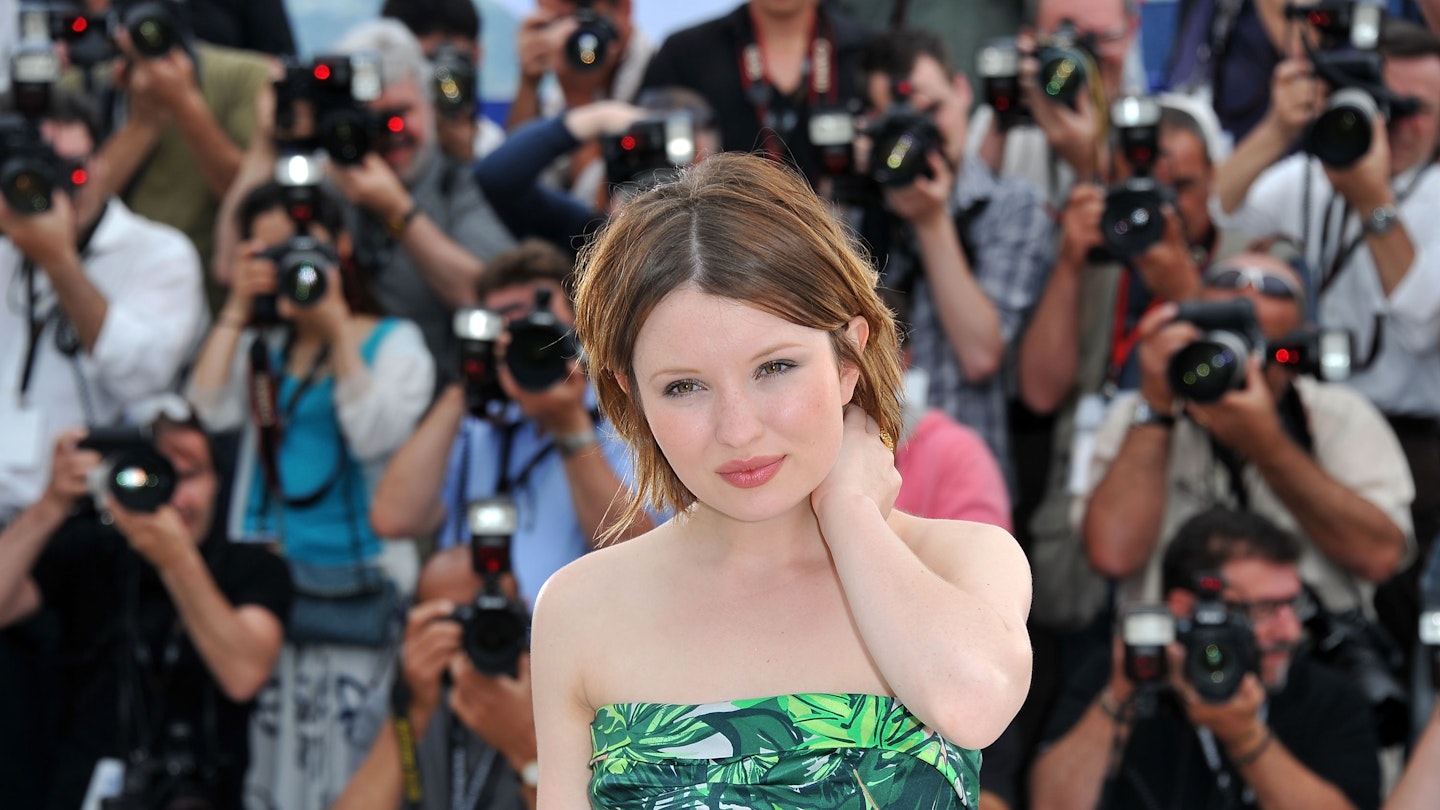Like it or not - and it’s certainly not something to be celebrated — Ronnie and Reggie Kray were as much ’60s Brit icons as The Beatles, Michael Caine or Twiggy. The identical twin crimelords may have been violent thugs and, eventually, convicted murderers, but during their rise they rubbed shoulders with the rich, famous and powerful, and encouraged a ‘they look after their own’ street-mythology that endures to this day. Like Al Capone a generation before and an ocean away, they accrued a glamour that obscured their atrocities, and for some still does. They are, as writer-director Brian Helgeland would evidently agree, prickly subjects. Get too judgmental and moral, and you deny them their charm, which was as important to their rise as their brutality. Become too enamoured, and you’ve made heroes of monsters.
Back in 1990’s The Krays, director Peter Medak strove to explain-not-excuse the twins via a full-on biopic which laid the blame at a perhaps too-easy target: their mum. Helgeland takes a more interesting approach. He makes Reggie’s delicate, doomed girlfriend-then-wife Frances (Emily Browning) our guide to the Krays’ world. She loves Reggie fiercely, so at first he is portrayed as a twinkle-eyed, cheekie-chappie, drainpipe-climbing scoundrel. She is wary of Ronnie, a hulking bottled storm with genuine psychological problems, but still with his own quirky charisma, wrapped up in the fact that he’s an open homosexual. Frances is swept up in all the glitz of their thrall over the East End. Then, inevitably, the filthy, gruesome true nature of her husband and brother-in-law is gradually exposed. Through her eyes they are heroes and monsters.
Browning is excellent, simultaneously brittle and warm, though her deliberately quaint voiceover grates at times. But like ’60s London itself, the film is overshadowed by the double-trouble presence of Tom Hardy as both Ronnie and Reggie. Spandau Ballet’s Kemp brothers did well back in Medak’s movie, but comparing them to Hardy is like holding up a match to an exploding boozer.
Into Reggie, he throws all his Eames-from-Inception charm, making him a young Brando with a wideboy swagger. His Ronnie, meanwhile, is a hot, lumpy stew of nasal croaks, eye-contact avoidance and stiff, awkward body language. The Bane of Reggie’s existence, if you like. One is more hero, one is more monster, but Hardy makes sure the lines blur. It’s a rare thing to observe: an actor creating chemistry with himself.
At times Hardy pushes it close to comic caricature (the awful violence is almost played for laughs in earlier scenes, especially in a virtuoso Ronnie versus Reggie hardcore brawl) but he balances on the brink as he did with such spectacular success in Nicolas Winding Refn’s Bronson. Which all perfectly fits Helgeland’s brief: he is portraying the Krays through the prism of Frances, to whom they are larger than life. The clue is in the title.

